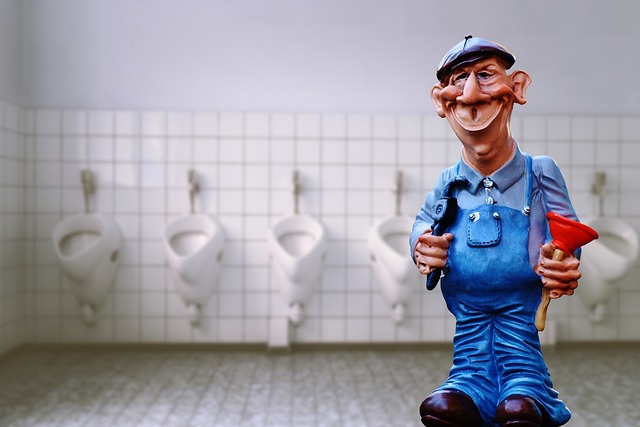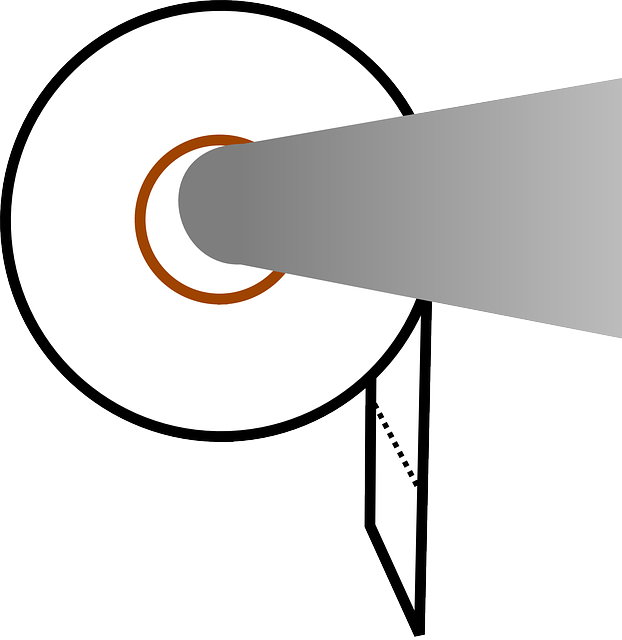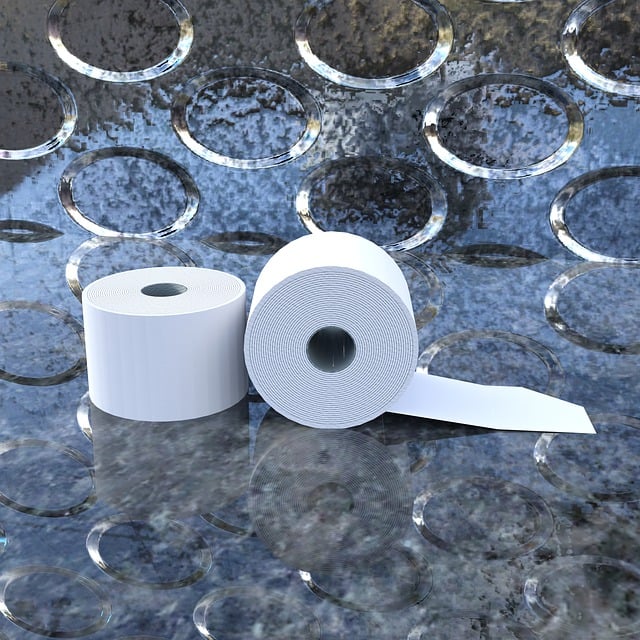Toilet clogs can range from minor issues to complex problems requiring professional help. Before attempting DIY methods, assess the severity of the clog using signs like water level, noises, and drainage speed. If basic tools fail, frequent blockages occur, or severe symptoms like overflows and odors appear, contact a plumber. They have the expertise and tools to tackle deep-seated issues effectively. Remember, understanding both unclogging techniques and when to call professionals is key for maintaining a well-functioning toilet.
Is your toilet clogged? Don’t panic! Before reaching for a chemical cleaner or calling a pro, understand that some clogs are easily fixed while others signal a deeper issue. This guide helps you navigate the problem, offering insights on common causes and how to assess their severity. We’ll also equip you with knowledge on when it’s time to call in a professional plumber. Learn the signs and take the right step – whether it’s a quick fix or a major problem – starting now.
- Understanding Common Toilet Clog Causes
- Assessing the Severity of the Clog
- When It's Time to Call a Professional Plumber
Understanding Common Toilet Clog Causes

Toilet clogs are a common household issue, but understanding the root cause is key to knowing when it’s time to call in a professional. While some clogs may be easily fixed with basic DIY methods like using a plunger or an over-the-counter chemical drain cleaner, others could indicate a more significant problem that requires expert attention.
Common causes of toilet clogs include objects accidentally flushed down the drain (toys, sanitary products, etc.), hair and grease buildup in pipes, tree root infiltration, or structural issues within the plumbing system. If you frequently experience clogs, have water backing up into the toilet bowl, or if a simple unclogging method doesn’t resolve the issue, it might be best to consult a plumber to diagnose and address the problem before it escalates. Learning how to unclog a toilet is essential, but so is recognizing when professional help is needed for a lasting solution.
Assessing the Severity of the Clog

When faced with a clogged toilet, it’s natural to reach for quick fixes. However, assessing the severity of the clog is crucial before attempting any DIY methods. Start by observing the water level in the bowl. If the water remains high or only drains slowly after flushing, it could indicate a more significant blockage that requires professional attention.
Next, listen for unusual noises when you flush. A loud banging or gurgling sound can suggest a severe clog, as these are signs of air being trapped and struggling to escape. Additionally, if basic unclogging methods like using a plunger or chemical cleaners fail, it’s a clear indicator that the problem is more complex than a simple obstruction. In such cases, it’s best to call a plumber to avoid further damage or inconveniences.
When It's Time to Call a Professional Plumber

If you’ve tried the standard DIY methods for unclogging a toilet, like using a plunger or a chemical drain cleaner, and they haven’t worked, it might be time to consider calling a professional plumber. Clogs that persist despite your best efforts could indicate a more severe issue beneath the surface. Some signs that it’s time to bring in an expert include:
1. Frequent Blockages: If you find yourself constantly dealing with clogged toilets, there could be underlying issues with pipes or drainage systems that require professional attention.
2. Water Overflows: When water starts overflowing from the toilet bowl after you flush, it’s a clear indication of a serious clog. This can cause damage to your floors and waste valuable water, so immediate action is necessary.
3. Strong Odors: Unpleasant smells emanating from your toilet or drains suggest that something more than a simple buildup of debris might be causing the blockage. A professional plumber will be able to identify and address any issues.
4. Low Water Pressure: If you notice a significant drop in water pressure when flushing, it could be a sign of a clog further down the line. While some minor clogs can be addressed at home, complex pipe obstructions often require specialized tools and expertise.
Knowing when to tackle a toilet clog yourself or when it’s time to call a professional is crucial for maintaining a hygienic home. While some clogs may be quick fixes, others could signal deeper issues. By understanding common causes and assessing the severity, you can make informed decisions. If DIY methods fail or the problem persists, don’t hesitate to reach out to a plumber. They have the tools and expertise to handle complex clogs, ensuring your toilet functions optimally without causing further damage. Remember, regular maintenance and prompt action are key to avoiding costly repairs and keeping your bathroom running smoothly.
